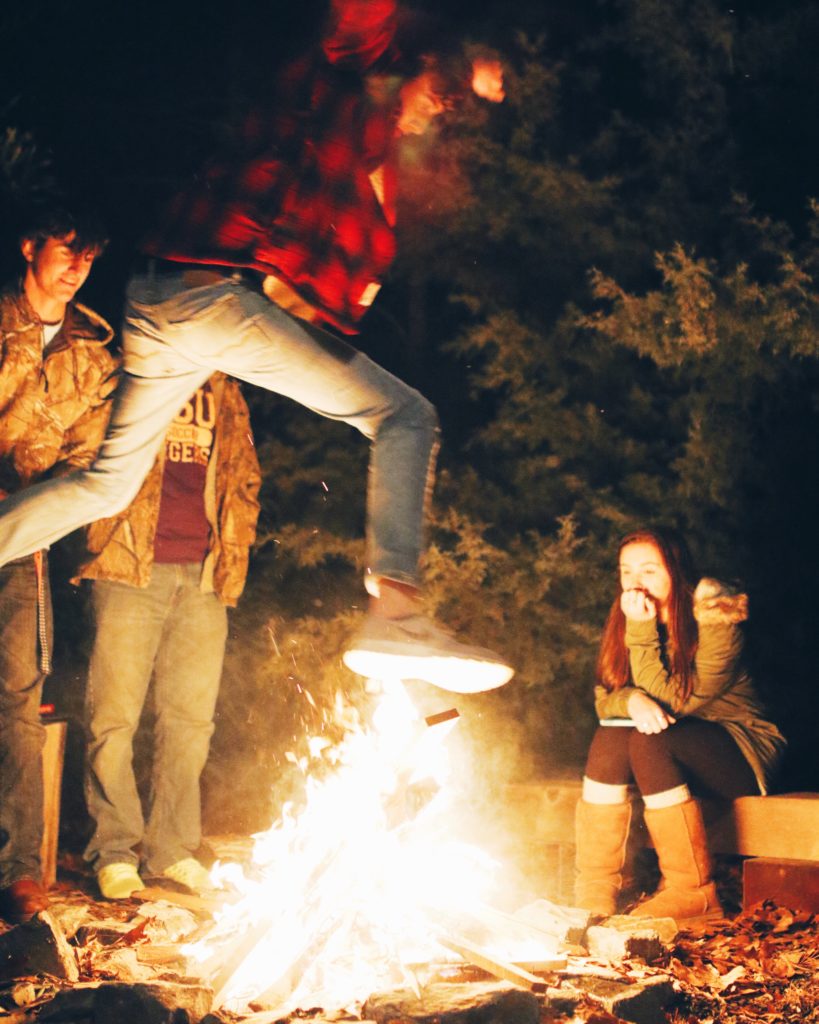
Was there a child in your school years that was on the outside of the cool kids club? If that happened to you, then you and I have something in common.
One day the cool kids told some of us on the outside that they where going to have a party and have beer there. We were all vastly under age for drinking alcohol. They announced this in the line for lunch. They basically said that if anyone wanted to be a part of the cool kids club they should show up and be ready to drink. They could see my reaction and asked, “Are you coming?” I said, “No.” They said, “You just don’t know what’s good for you.” I said, “I’ll go if I want to go. And I don’t want to go.” They threatened to beat me up.
There were other kids that were not a part of the cool kids club that leapt at the chance to join. Social pressure is a powerful force for human beings. It is easy to go along with the crowd. Perhaps that is why the Hebrew Scripture includes “Thou shalt not follow the majority in wrongdoing.”
Social pressure is powerful.
In his book, Ordinary Men, Christopher Browning writes about Reserve Police Battalion 101. The battalion was comprised of middle-aged German professional men who were considered too old to go to the front during WWII. They were called together, trained, and sent into villages to round up and kill Jewish residents in occupied Poland. They were not told their specific mission until after they were deployed. Their commanding officer wept as he informed his men of their orders to kill an entire village of Jewish people—men, women, and children. He allowed them to opt out if they objected to the assignment. Browning’s research states that 80 to 90 percent of them did not opt out. His explanation of why is chilling:
Because it was easier for them to shoot. Why? First of all, by breaking ranks, non-shooters were leaving the ‘dirty work’ to their comrades. . . . It was in effect an asocial act vis-à-vis one’s comrades. Those who did not shoot risked isolation, rejection, and ostracism—a very uncomfortable prospect within the framework of a tight-knit unit stationed abroad.
I was speaking to a Zoroastrian lately. He was explaining the Zoastrian calendar and how it regularly reminded people to love their neighbor, to examine their own ego, and to take responsibility for and to examine their actions. This last part, it was clear, was to examine what the “crowd” around us are up to, evaluate it, and to make a decision about our own actions – popular or not.
Most wisdom traditions encourage our capacity to resist social pressure. This is an invitation to freedom. Not from from love of neighbor, but freedom to act to benefit our neighbors out of the best of our traditions.
Whatever your tradition, find in that tradition what gives you freedom to resist social pressure, to evaluate the ethics of the cool kids club, and to make a principled decision for the common good – remembering that the common good is also good for each of us.
Christopher Browning, Ordinary Men (New York: Harper Perennial, 1992) 184.
Photo by Jake Pierrelee on Unsplash
